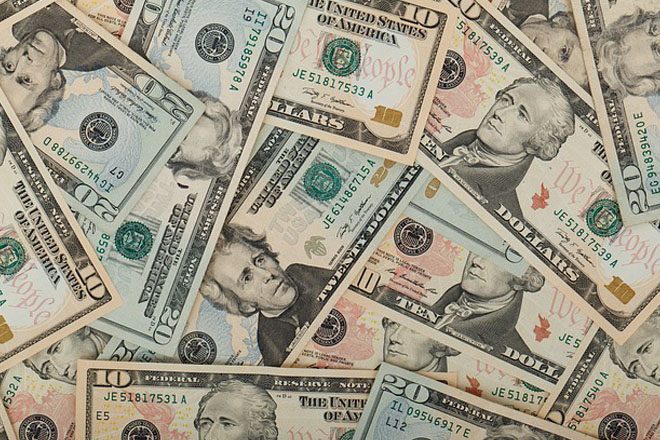By Vinuja Singharachchige:
Much is being said nowadays about the pressures the Sri Lankan Rupee is facing, but it is important that we understand the mechanics and greater economic context. Currency crises have been common in our modern history with countries facing sudden devaluations to the point where we can predict the patterns.
There was the Mexican Peso crisis of 1994 and the Asian financial crisis 1997. Both instances can point out the dangers of maintaining a currency ratio that does not reflect the real value of the currency. A currency can serve its purpose if it is a stable store of value. If there is a sudden divergence with regards to market, it threatens savings. The reason I am writing today’s article is to argue that the lens through which we view economic phenomena is restricted.
There is a view that the government should be at the center of the economy and that it must take measures to react to the outside economic environment. Now that is true in a relatively controlled economy but it very far from being the only way by which successful economies function. The problem with placing the government at the center of economic decision making is that the economy has to be tracked and acted upon by individuals having to make decisions while many countries let the markets decide what prices and other parameters should be.
The best of markets are by no means perfect and do occasionally need a correction, but it is in many ways better to be reactionary than have a mismanaged economy.
There are different ways by which exchange rates are determined. Many developed countries have floating systems where buyers and sellers of currencies can step in and purchase and sell at a rate that the open market determines but our currency is one that is heavily restricted in comparison to freely floating currencies.
What can happen in situations like ours is for the Central Bank to try and keep the rate at one it would like to, but you have to come to terms with reality at some point. As much as you want 1 USD to be roughly 200 LKR, you need reality to be on your side. In a healthy economic system, your inflows and outflows of money would naturally determine that 1 USD is worth about 200 LKR.
buy zithromax online buy zithromax online no prescription
You can also have a scenario where the government has strong reserves to be able to back their valuation of the currency by buying and selling reserves, and we unfortunately do not have that credibility. This is why countries with currency woes have black-market parallel exchange rates.
It is better that we face the reality of the situation and not try and force things to be the way we would wish for. The reality is that we have a debt burden that needs servicing, and we need imports to live on which is also nothing to be wary of in particular. Imports play an important role in any vibrant economy. Add to that the loose monetary policy that has been used to ease the burden of the pandemic.
Countries usually raise rates when the currency faces pressure relating to how President Erdogan of Turkey is being urged to raise rates to defend the Turkish Lira. It is my thinking that any help the IMF is willing to provide is crucial to getting us back on track and correcting the errors in our economic management.
The downside with trying to fix the problem as opposed to kicking the can down the road is that the immediate consequences might be difficult to swallow, but it is reasonable to believe that it is far better than having to react to the problem emerging suddenly where the fallout would be far worse.
Just like a company, we need to ensure that our fundamentals are worked on because every country or company’s day of reckoning is inevitable if fundamentals diverge too significantly. Not too long ago, Black Wednesday was when the UK government had to withdraw the Sterling from the ERM (Exchange Rate Mechanism) for failing to keep the Sterling within a certain band due to pressures against the currency.
History has repeatedly shown us the fallout of badly managed currency valuations. While economic troubles affect all countries, it is important to note that our problems are not merely the consequence to negative external factors but made worse by our own underlying shortcomings.
Vinuja Singharachchige was a former researcher at the Advocata Institute and is currently a Forex Analyst at JP Morgan. He can be contacted at vinujawin@gmail.com. The opinions expressed are the author’s own views and do not reflect the views of associated organizations.

